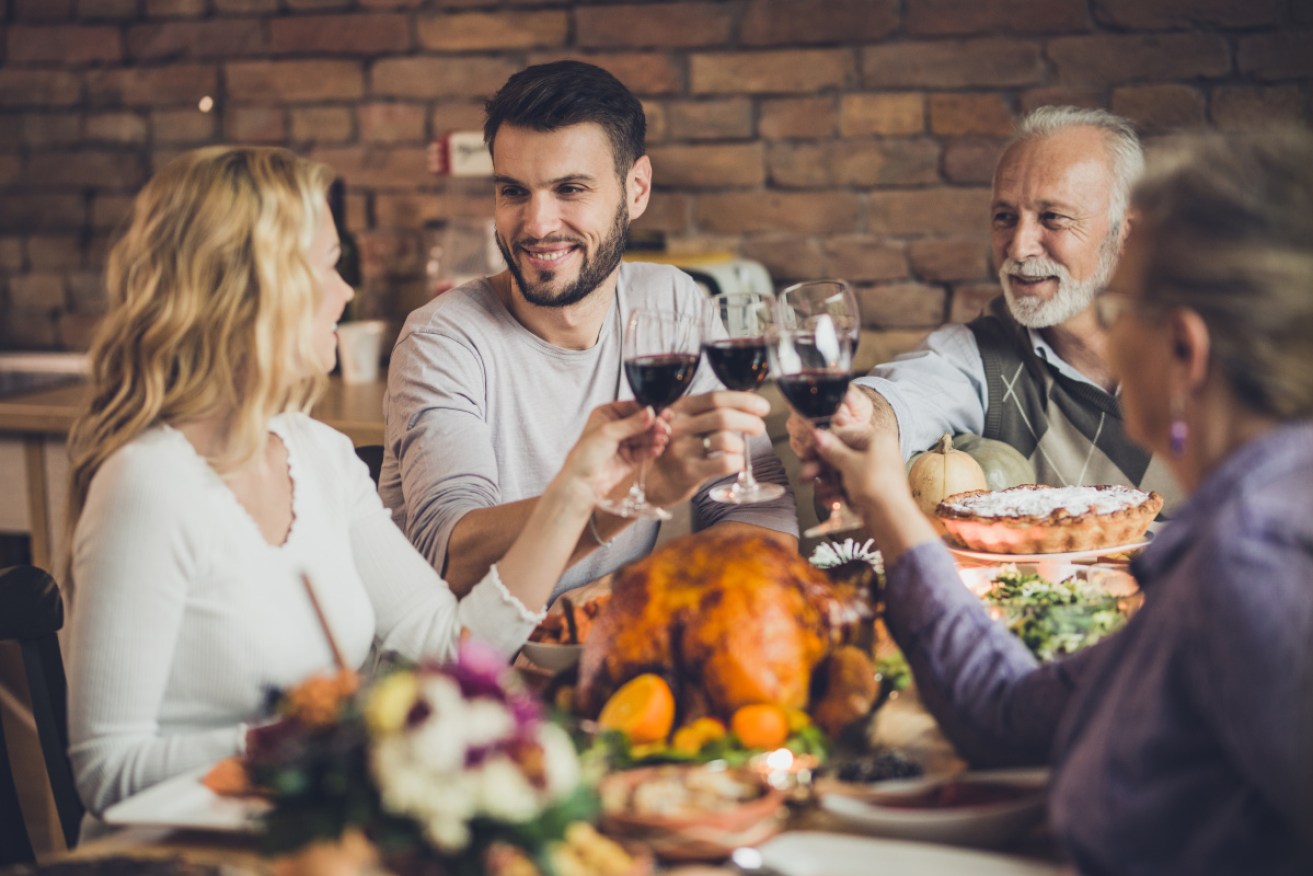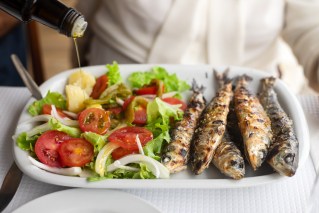Our in-laws are more likely to give us food poisoning – here’s how


A Norwegian study into social norms revealed we're more likely to accept dodgy meals from our in-laws. Photo: Getty
A meal at your partners’ parents’ house is often fraught with danger, now research tells us that’s where we’re more likely to eat dodgy food that could make us crook.
But fret not – your in-laws aren’t trying to poison you. They might just be bad cooks, and you’re too polite to say anything.
Norwegian researchers wanted to find out how much harm to ourselves we’re willing to risk in high-cost social situations.
Turns out, we’ll go as far as undercooked chicken just to avoid upsetting our beloved’s family.
“We might imagine that in this situation the anticipated cost of eating something disliked was weighed against the anticipated cost of being judged impolite, rude, or – in the worst case – as an unsuitable son or daughter-in-law,” study lead Nina Veflen said, a professor in the department of marketing at the Norwegian Business School.
So when a piece of food we know to be not-quite right is dished up in front of us, we do some quick mental calculations.
Does the personal, physical harm we’re risking to ourselves (upset stomach, close quarters with the toilet) outweigh the societal upset of refusing a salmonella-laden meal?

“Just keep it down, just keep it down.” We’re willing to sacrifice our own health just to be polite, the study says. Photo: Getty
In a lot of cases, the study found we’re choosing the former, demonstrating the pressure to fit within neat, social norms.
After the first meal at the in-laws, we’re also more likely to eat something dodgy that we’re served at our boss’ backyard barbecue, the study went onto show.
Cutting to the heart of it
To reach these findings, the research team brought together 1900 participants, and presented them with 17 different social situations.
In these hypothetical situations, the participants were asked how likely they were to refuse the food served to them, weighted against the potential fall-out.
Professor Veflen said it’s not just our social standings that we take into account when making these decisions. Empathy is a big part of it, too.
This showed in the situation where the participant’s hypothetical 13-year-old daughter presented a meal she had made herself – smiling, with the table set with the nice cutlery and everything.
But she’d botched it – the hamburger she made was bleeding and pink, reeking of E.Coli.
Professor Veflen’s study found our empathy, our deepest want to not upset our daughter, meant we’d eat it anyway.
The study concluded we’re most likely to reject meals that our partner has made for us before leaving the premises – meaning we can just sneak it into the bin and order pizza instead, with zero consequences.








